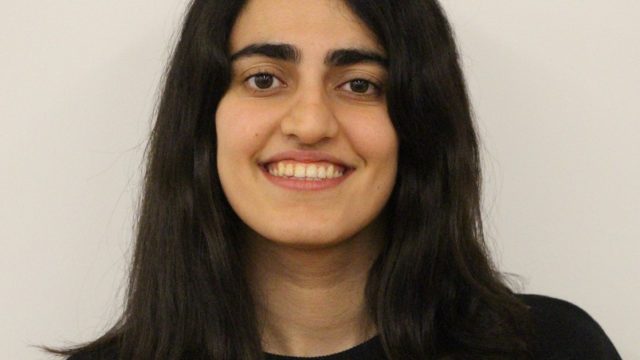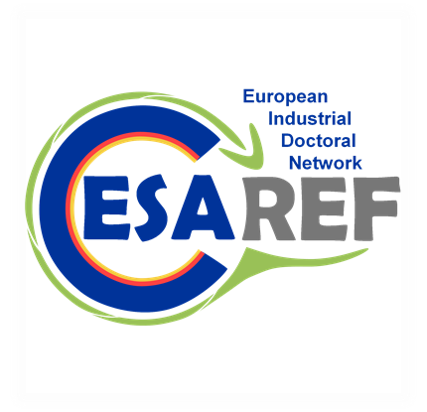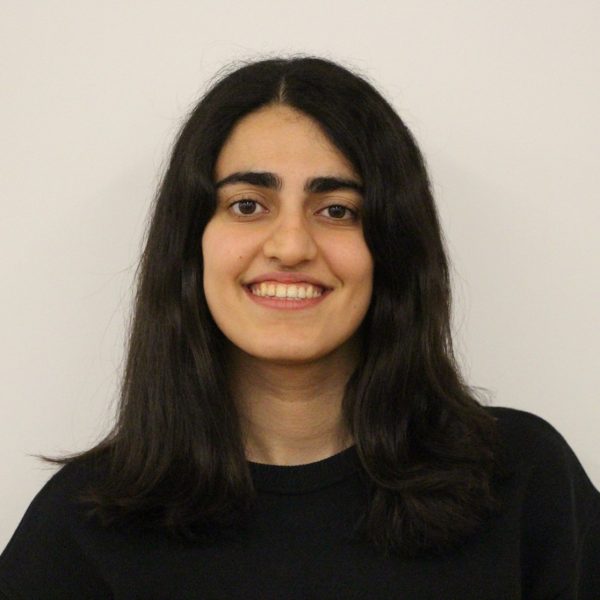
Get to know : Fatemeh Azizi
CESAREF Doctoral candidate
How would you describe yourself in two sentences?
I am enthusiastic about new experiences. I maintain hope even in the most challenging situations.
What are you currently working on?
I am a CESAREF PhD student, and the title of my research is « Predicting the thermal behavior of steel ladles with advanced digital methods ».
Did you always want to work in science? How were you introduced to it?
Yes, I can remember that since my childhood, I’ve been passionate about physics and astronomy. It all began with an encyclopedia my parents bought me when I was in elementary school. This interest in science has stuck with me, from those early days, through to my university studies.
While studying, I realized that I wanted to make an impact, even if it was a small one. My academic background is in industrial engineering, a choice made with the guidance of my academic advisor. After a while, I felt that I wanted to go deep into the data science area, so I chose this PhD position.
Could you briefly describe your academic/professional career?
I completed my bachelor’s degree in industrial engineering at the University of Tehran in Iran. Then, I pursued a double degree program for my master’s, jointly offered by the University of Tehran and Art et Métiers ParisTech in France. During the first year of my master’s program, I studied industrial engineering, specializing in systems optimization. In the second year, the field of my study was ‘knowledge integration in mechanical production.’ For my master’s thesis, I did an internship at LCFC in Metz, where I worked on ‘dynamic management of reconfigurable manufacturing systems under risks.’ Following the completion of my master’s degree, I decided to further my education by pursuing a Ph.D. position with a strong connection to industry. Currently, I am doing my research at TU Wien as the academic partner of this project, and the remaining duration of my Ph.D. will be spent at the ArcelorMittal Research Center, which is the industrial partner of my Ph.D
Why is it relevant to talk about gender equality in science?
Women have been suppressed for ages and the chance to discover themselves and make the most of their talents. In my home country, gender discrimination has been affecting all aspects of women’s lives. Yet, despite these challenges, Iranian women have consistently shown courage and tried to find their place in the world of science.
In your career, did you face problems linked to your gender? What progress have you seen on gender equality in your life and work?
After graduating, I was searching for a job related to my field of study, with plans to start as a project manager intern. Unfortunately, I faced discrimination from a company that rejected me only because I am a woman.
Recently, I’ve noticed a positive change where more women are entering fields that were traditionally seen as masculine jobs. I see this as a sign of progress.
Who is your woman scientist inspiration?
Like most women from my childhood, Marie Curie has been an inspiration, and as I grew up, I found a new source of inspiration in Jasmin Moghbeli, a NASA astronaut with Iranian roots.
What is the most motivating/exciting aspect of your job?
Working with data offers the chance to experiment with new algorithms and create innovative solutions to problems.
What message could you give to the young generation?
Never give up when facing challenges; one day, you will discover the place that has been waiting for you.






